The impact of significant loss has exerted a powerful influence on several American avant-garde filmmakers. The Melancholy Lens offers a detailed look at biographical and psychological factors discernible in the art of Maya Deren, Stan Brakhage, Gregory Markopoulos, Robert Beavers, and Ernie Gehr with an aim toward a greater understanding of their work.
"This wonderfully written book is an exploration of the hearts and motivations of five film artists through their films, a study of loss and melancholy. Pipolo examines the filmmaker through the lens of the film to see what brought this particular film into existence. Informed by some knowledge of each filmmaker's life, by his own lifetime of looking lovingly at films, informed also by a scholarly but vital understanding of psychoanalysis, including a look at his own personal melancholy, he shows it all to us in his clear and careful writing style, shows why this artist had to make this film in this particular way. It seems there is some truth in the saying that loss makes an artist, or, as Stan Brakhage used to say, often, 'You must suffer to be great!'" -- Jane Wodening
"Pipolo illuminates what is most exhilarating and troubling in films he feels as passionately about as do the most dedicated viewers of American avant-garde film." -- Amy Taubin
Table of contents:
- Introduction
- Chapter 1. Father Time -- Maya Deren (Meshes of the Afternoon, At Land, Ritual in Transfigured Time)
- Chapter 2. Self-Portrait -- Stan Brakhage and the Art of Vision
- Chapter 3. Common Clay -- Stan Brakhage (Tortured Dust)
- Chapter 4. A Dance With Death -- Gregory Markopoulos (The Mysteries)
- Chapter 5. Eros Interruptus -- Robert Beavers (Sotiros, The Ground)
- Chapter 6. Digital Delirium I -- Ken Jacobs (The Guests, Two Wrenching Departures)
- Chapter 7. Digital Delirium II -- Ernie Gehr (to be selected)
- Afterword -- Slow Burns: David Gatten (The Extravagant Shadows), Phil Solomon (American Falls), Lewis Klahr (The Pharaoh's Belt), Nathaniel Dorsky (Death of a Poet)
- Index
Tony Pipolo is Professor Emeritus of Film and Literature at CUNY, New York. He is also a psychoanalyst in private practice and writes frequently on film for various journals and magazines.
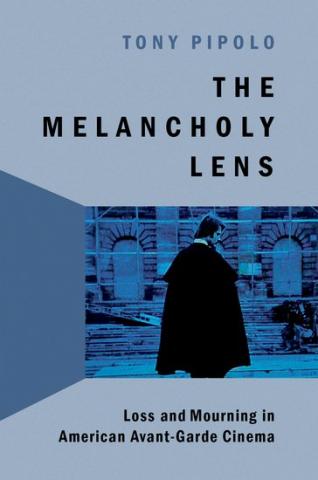
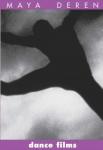
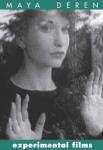
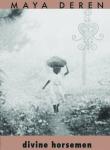

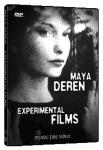
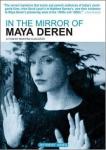












Añadir nuevo comentario